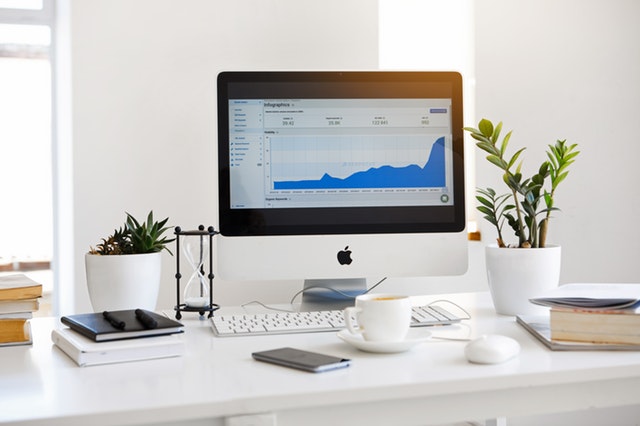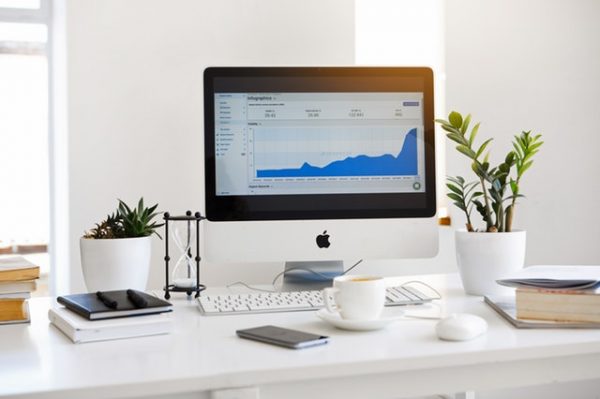Unless you have a sweet stream of cash forever flowing into your business from an eternal source, you would be extra careful with every equipment purchase you make. Most businesses run on limited funds, so they’re a bit choosy with the array of equipment options available on market shelves. Who wants to burn precious plough back or startup capital on terribly inefficient equipment?
Scarce resources are the ultimate reason for being careful about acquiring business assets- especially at the startup stage. But because entrepreneurs don’t want to waste their funds on unsuitable machines, they have to endure the tiring ordeal of scouring markets for the best possible suppliers. If they’re lucky, they’ll get a quick recommendation that saves them this stress. A lot of the times, they don’t.
Why not make your equipment purchasing task a bit easier, by planning it beforehand? You can do so by answering these questions in the runup to buying equipment.
-
What do you need?
Begin by brainstorming about what equipment(s) would meet general and specific business needs. Drawing up a list of such equipment would be a good idea. This should restrict your purchase to things that are really necessary, and reduce the chances of you spending on items that may turn out to not be so useful. Getting this done the right way would require you to know what your business’s most pressing needs are, as well as, the best solutions for them available. If you don’t know what the best options are, you might get suggestions from friends and acquaintances, who are knowledgeable about such things.
-
What can you afford?
Plan to go for an overall basket of purchases that fits within your budget. The size of your budget depends on your business’s financial states, and its ability to generate enough to repay any loans you take out for equipment purchase (if you borrow).
However, you should not compromise on quality. Buying cheap isn’t smart if it means buying poor quality. You could end up spending more on maintaining cheap, but low-quality printing machines than you would on buying more costly but durable ones. The inefficiency of low-cost solutions could cost your business far more than you imagine. You should make quality your priority, even if this translates to buying lesser equipment than you would like at once.
-
Will it get the job done?
Any single type of equipment may exist under several brand names and with different designs and efficiencies. Apart from cost considerations, there’s also a question of equipment suitability to specific business needs. Go for products that’ll work appropriately for and within your particular work setting.
Equipment from popular brands could be safe bets, but there might be instances in which offerings from less well-known equipment producers are a better choice.
-
Should you buy or lease?
If you’re short of money and urgently need to acquire equipment, you might consider having it leased to you for a fraction of its market price. Instead of buying the equipment outright, you can obtain it for a relatively small fee and pay for using it in monthly instalments for as long as it’s in your possession.
One advantage of leasing is that it’s a less costly way of getting equipment, at least in the short term. Its major disadvantage is that the cumulative cost of maintaining a lease could outstrip the actual market price for the equipment if the lease lasts long enough.
Weigh timeframes and eventual total costs of leasing and buying equipment, and decide which best suits your business.
-
Will you outsource instead?
Could you save money on some functions and activities by outsourcing them, instead of buying equipment that’ll help you get them done in-house? You might want to explore this, as it’s a more cost-effective way of running aspects of business in certain situations.
-
How long is it likely to last?
Product lifespans are also an important consideration. If you know what the lifespans of the equipment options you have are, you’ll be able to compare their actual cost over time.This could prove to be more helpful in decision making than merely comparing one-time prices. A desktop system that’s priced at ₦200,000, and has a potential lifespan of five years is probably a better option to choose than one with a price tag of ₦180,000, which might be worn beyond repair in three years.
-
Is there a product warranty or maintenance support available for it?
Manufacturers may have a warranty for their products that buyers can take advantage of. This means that the buyer could return or replace equipment within a specified period after buying it, if they find a functional problem with it. Maintenace and repair services could also be rendered by the equipment’s manufacturer if the warranty allows for this.
Where there are several warranty offerings to choose from, you may go with the one that works best for your business, given its peculiar needs.
-
Does the equipment meet your (or other) safety standards?
Product packaging and manuals might contain information about possible safety issues with the equipment you want to purchase. You could also ask people who have used the brand you want to buy, about their experience with it. Try to find out about the brand’s safety record before deciding whether to buy or not.
-
How does it fit into your workspace?
Take a look at your workspace. Try to picture the equipment you want to buy, positioned in various points of the room(s). Do they fit in well? Is there a chance that space could become cluttered or look too hollow? While you can find the ‘perfect’ arrangement for your office equipment, you’d be on the safer side if you planned for this before buying equipment. Remember, the look of your business environment makes an impression on your visitors- including customers. Feeding their eyes with awkward equipment arrangements isn’t a good advertisement for your business.
- Is your vendor trustworthy?
A little background check on dealers is in order here, especially if you’re buying expensive equipment. Buying from vendors known to have changed locations several times in a relatively short period may not be a bright idea. The reluctance of a seller to test the equipment they’re offering you before you buy it is also a red flag. It’s safer to patronize a supplier with a track record of selling quality equipment, and there’s always word out there about who’s to be trusted, and who isn’t honest.


